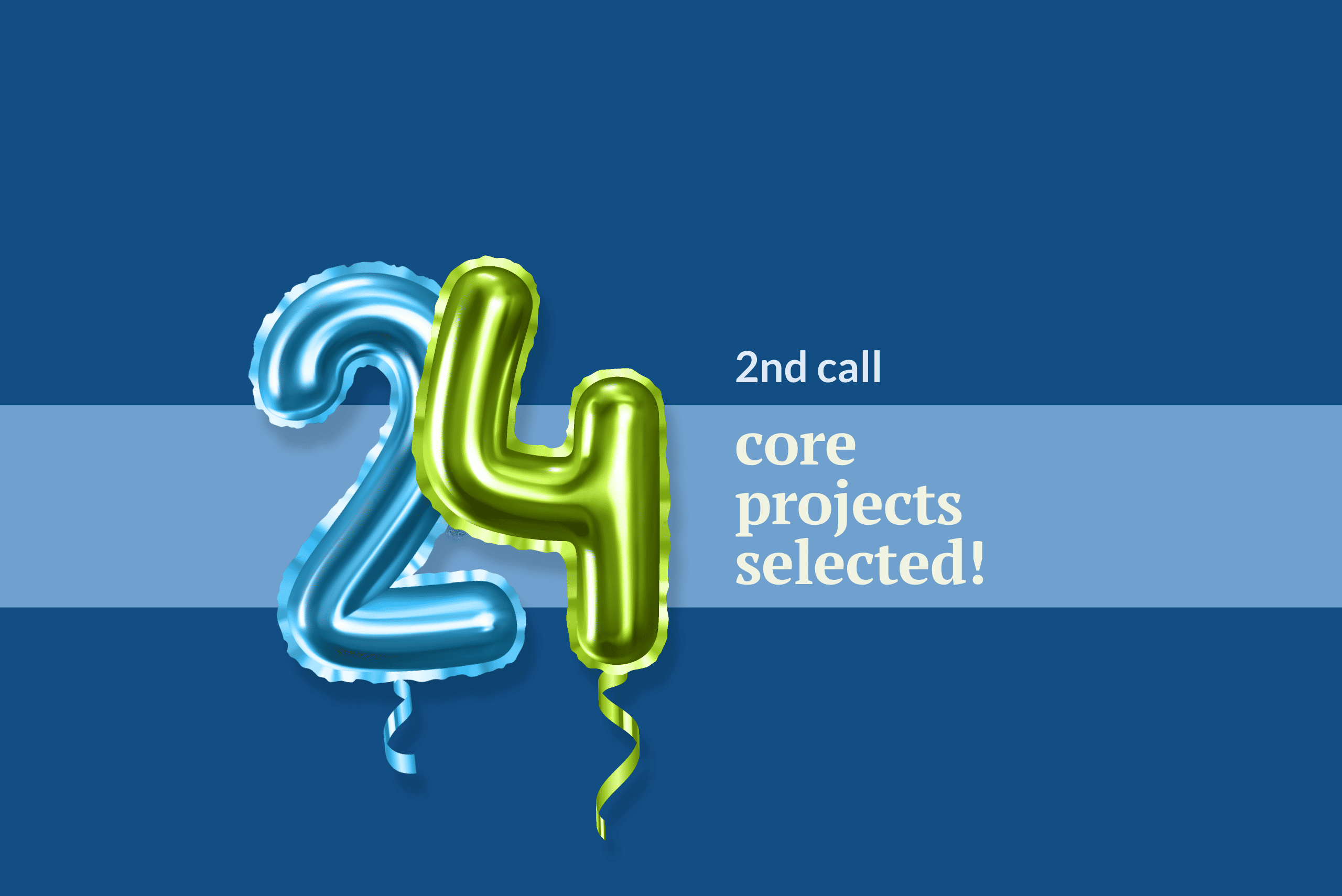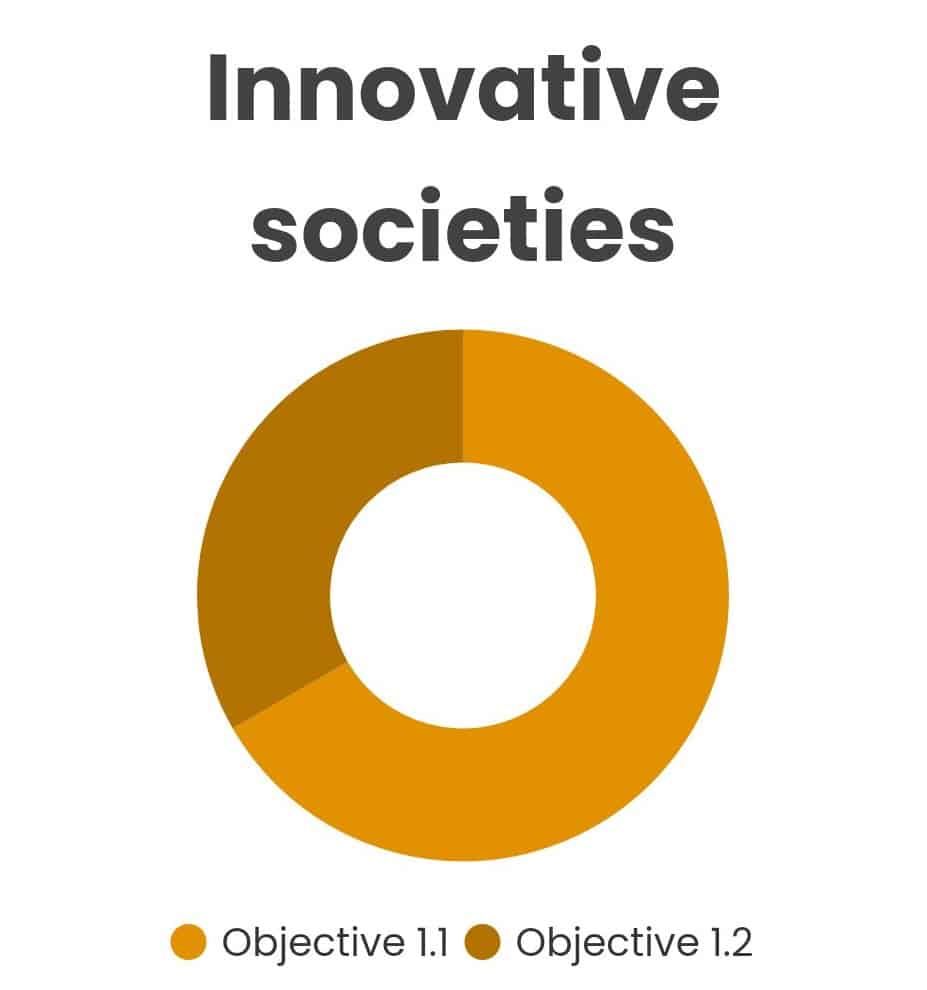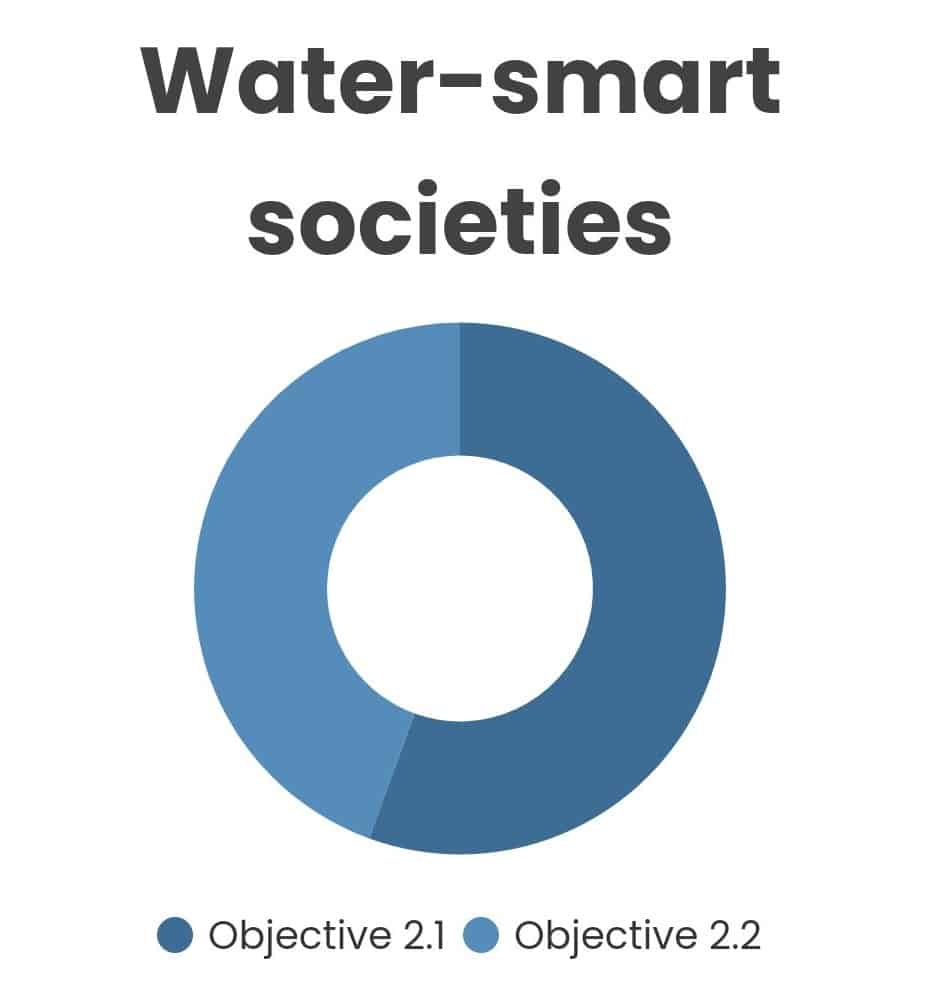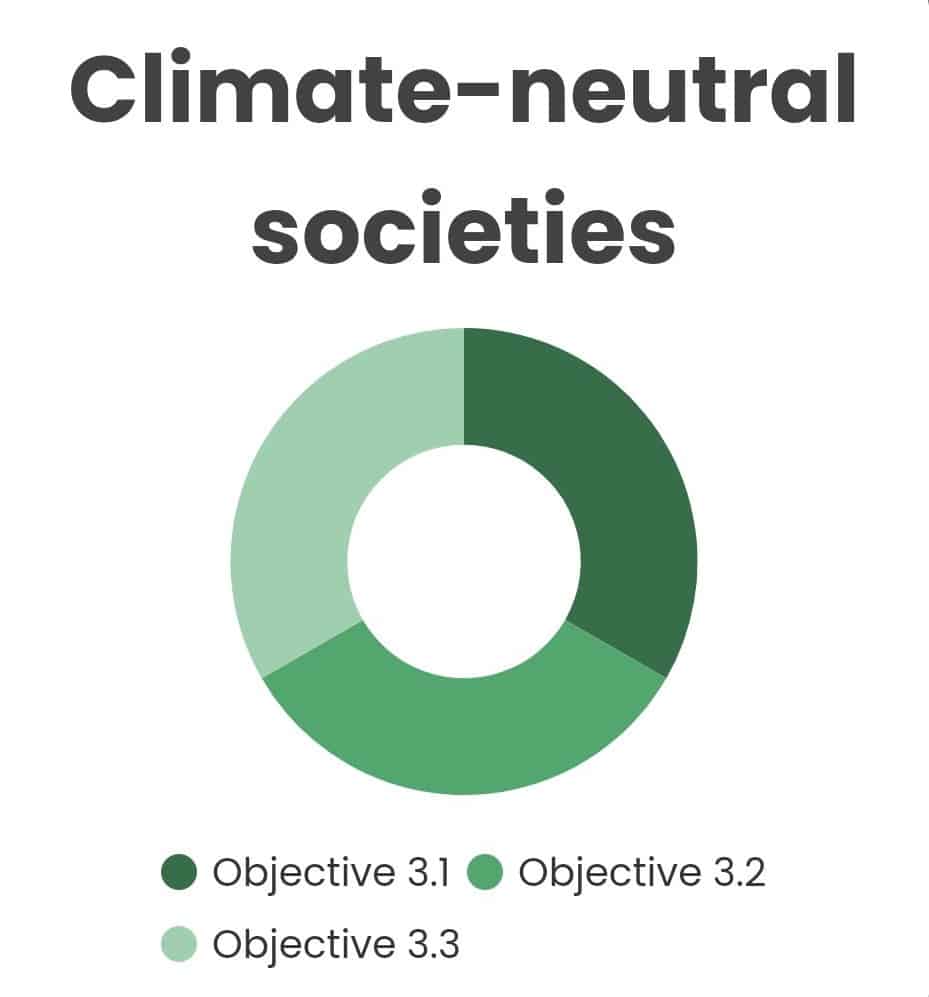
20 June 2023
24 new ways of shaping the Baltic Sea region
By Anna Gałyga
On 19-20 June, members of the Monitoring Committee met in Stockholm to check on the Programme and select new projects for funding. All in all, 24 new projects will receive funding to have their share in shaping the region.
Great ideas to shape the Baltic Sea region!
The highlight of the meeting was the selection of new projects o drive the green and resilient Baltic Sea region. The Monitoring Committee selected 24 projects for funding. All in all, they allocated EUR 65.7 million of the European Regional Development Fund and EUR 1.1 million from the Norwegian funding to the projects.
Chair of the Monitoring Committee, Carl-Johan Klint
“Congratulations to the projects approved! We are glad that we were able to select these new projects which – we hope – will contribute to building our green and resilient Baltic Sea region. We look forward to following the implementation and results of them.”

In priority 1 Innovative societies, the Monitoring Committee members approved six projects: four in Programme objective 1.1 Resilient economies and communities and two in Programme objective 1.2 Responsive public services.
The approved projects cover a variety of topics, e.g. internationalisation of enterprises and support to small and medium-sized enterprises, resilience of the music industry, challenges related to the seasonal character of tourism, social innovation or using nature for therapeutic purposes.

In priority 2 Water-smart societies, the Monitoring Committee members approved nine projects: five in Programme objective 2.1 Sustainable waters and four in Programme objective 2.2 Blue economy.
The selected project will help solve challenges related to e.g. eutrophication of coastal waters, micropollutants, navigation systems, risk management in maritime accidents, and managing urban watershed systems.

In priority 3 Climate-neutral societies, the Monitoring Committee members approved nine projects: three in Programme objective 3.1 Circular economy, three in Programme objective 3.2 Energy transition and three in Programme objective 3.3 Smart green mobility.
The projects address a variety of challenges in the region e.g. in the circular economy related to food delivery, use of nutrients and new approaches to cultural and creative industries. The projects will also drive the energy transition by establishing energy communities, developing strategic climate actions and improving energy efficiency in public buildings and small companies. The projects also help introduce hydrogen fuel at airports, year-round active mobility and sustainable urban mobility.
The Programme well on track
The fourth Monitoring Committee meeting took place a year after the official adoption of the Programme. In addition to the selection of projects, the Monitoring Committee members took a closer look at the progress in the Programme implementation. The overall conclusion was the Programme is progressing well in achieving the goals set at its start. With the next round of projects approved for funding, the Programme is also advancing well in allocating funds to projects who demonstrate novel ways to bring in the necessary change to the region.
The Monitoring Committee members approved amendments to the Programme Manual which guides both applicants and project partners in their ways in the Programme. They also agreed on the financing of the Managing Authority/Joint Secretariat in the years to come.
Moreover, the Monitoring Committee members discussed the portfolio of all approved projects and put on the table the first ideas for future calls for applications.

©IB.SH
#DidYouKnow
Core projects is the main tool to deliver the change that Interreg Baltic Sea Region aims at. Core projects prepare, pilot and transfer practical and durable solutions to the challenges they choose to tackle. In addition to core projects, the Programme funds small projects that offer a simpler application and implementation processes and in particular address those who have not applied with our Programme before.
More recent news
Grand results of the first round of small projects!
Despite the winter scenery, the results of 17 finalised Interreg Baltic Sea Region projects are in full bloom! And behind them lie two years of intensive work across borders, mutual learning and inspiration, and connections that last.
Climate-neutral future at hand for Baltic Sea region cities
Turning a city into a climate-neutral one requires knowledgeable people, thorough planning and solid financial resources. But how can cities manage this transition smoothly? The Interreg project Climate-4-Case guides cities around the Baltic Sea on how to do that right.
Designing Interreg Baltic Sea Region that belongs to everyone
10 December 2025 Designing Interreg Baltic Sea Region that belongs to everyone Written by Eeva Rantama What if the next Interreg Baltic Sea Region...
Monitoring the Programme’s progress: transnational cooperation in the making
Representatives from nine Programme area countries gathered in Berlin on 19-20 November 2025 to review the progress of the Programme’s implementation and start preparing for the post-2027 period.







